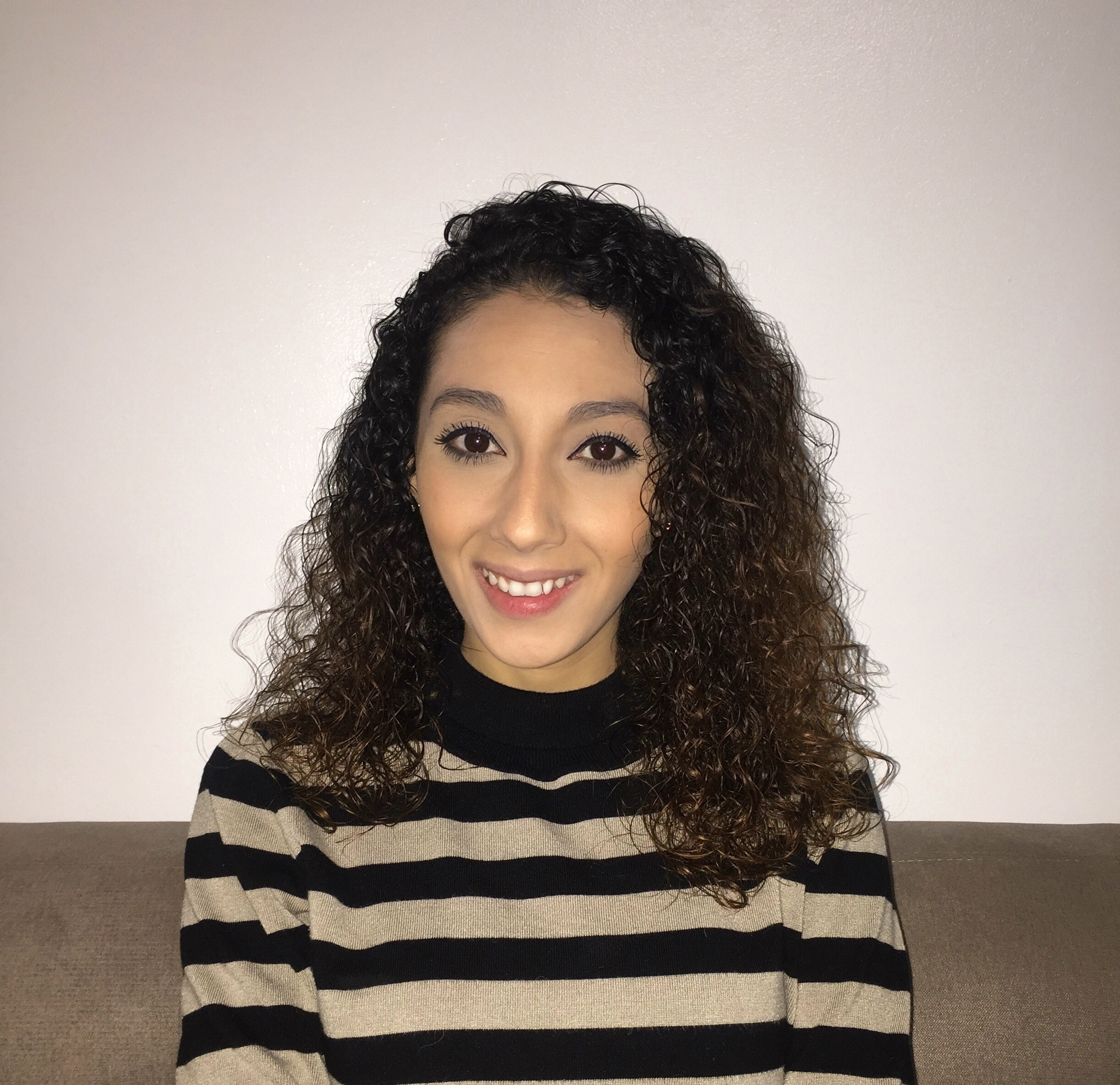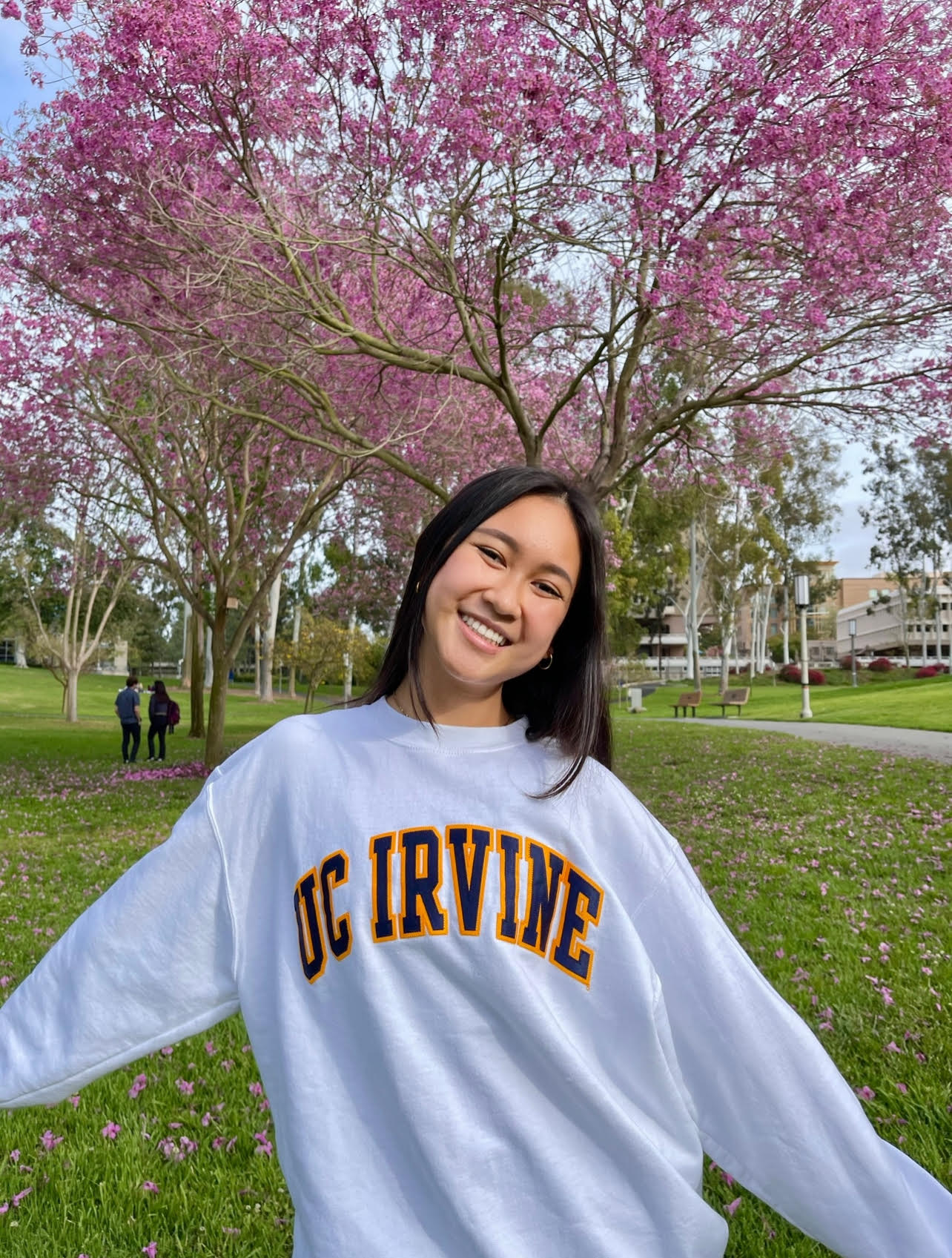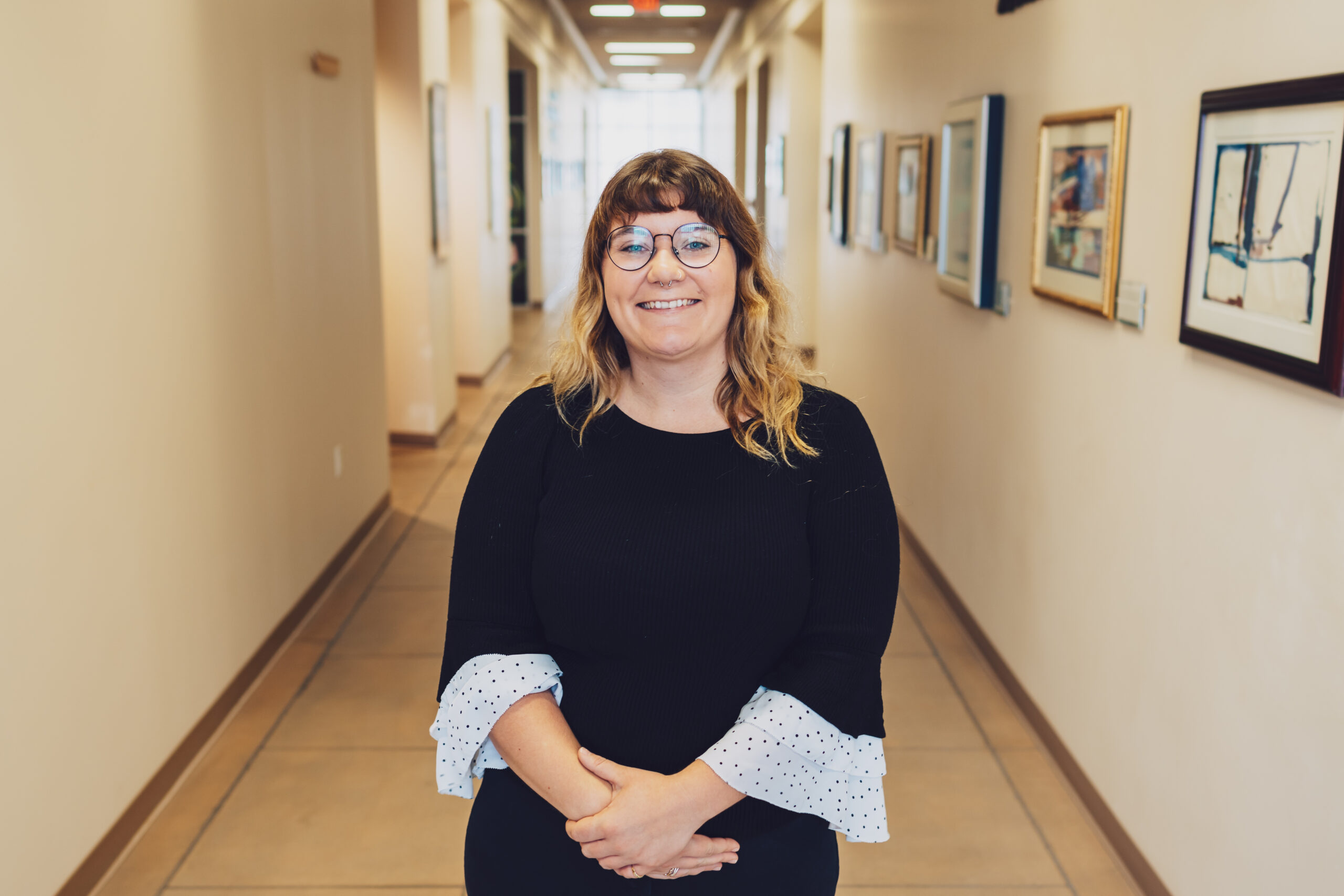Miranda Chappel-Farley: Graduate Student

1. Tell us a little bit about yourself and how you came to BioSci:
I am a fourth year PhD Candidate in the Department of Neurobiology and Behavior in the Charlie Dunlop School of Biological Sciences. My PhD research aims to determine the neurobiological mechanisms by which sleep supports memory consolidation in older adults at risk for Alzheimer’s disease, and whether exercise may impact those same mechanisms. Prior to starting graduate school, I did a one-year postbaccalaureate research fellowship at the National Institutes of Health. I graduated from the University of Massachusetts, Amherst in 2017 with a BS focusing on Neuroscience and Biochemistry & Molecular Biology. I came to UC Irvine Dunlop School because I wanted to join a school and department with a strong research focus on learning and memory that was interdisciplinary and collaborative. My research interests span a few domains, so the opportunity to work with individuals across areas of expertise was something I greatly valued when looking into graduate programs.
2. How did you get into your field of study?
I worked in a nursing home during high school, which is where I first witnessed the devastating effects of Alzheimer’s disease. My experience working with these patients is what motivated me to study neuroscience as an undergraduate at UMass Amherst. It wasn’t until I was an undergraduate research assistant in Dr. Rebecca Spencer’s lab that I learned about the vital role sleep plays in memory function. After that, I was hooked; I have been in the field of sleep and memory research ever since! While my research interests have evolved some over time, a focus on Alzheimer’s disease prevention is still at the core.
3. Tell us about some of your educational and professional goals.
It is my ultimate professional goal to become an independent investigator and to run my own laboratory. My dream research program would be one that combines basic sleep neuroscience research with translational application. This program would be multifaceted: first, to determine the mechanisms by which sleep, and other lifestyle factors, influence brain and cognitive health, and second, to harness the mechanistic knowledge gained to optimize lifestyle interventions to delay or prevent cognitive decline and Alzheimer’s disease
4. What accomplishments are you most proud of?
I am most proud of receiving an F31 National Research Service Award from the National Institute on Aging. This was my first real experience with grant writing, which was a challenging but ultimately rewarding process. It was fun to learn how to pitch my research ideas and even more amazing to learn that other researchers thought it was worth funding!
5. What or who is your source of inspiration?
I don’t think I can pinpoint my source of inspiration to a single individual, but rather, I find that I am consistently inspired by those around me. I have been fortunate to work with such amazing researchers and people both prior to and during graduate school. I am continuously inspired by our undergraduate research assistants new to the scientific process, my friends and colleagues at different phases in graduate school and post-doctoral positions, and by the principal investigators I work with. They inspire me daily to keep pursuing what I love and to lead with compassion.
6. What are some of the lessons you’ve learned along the way?
One big thing I’ve learned is that nothing will quite go as planned, but that’s okay! No two graduate school journeys look the same, and it’s a marathon, not a sprint. Learning to be flexible and adaptive in the face of rejection, change in plans, etc. is essential.
7. What are some of your hobbies/activities outside of work?
I like to stay active, so most of my hobbies tend to revolve around some form of exercise. In my free time you can usually find me either climbing, backpacking, running, or biking!
8. What is your favorite comfort food?
I am convinced I could eat a poke bowl every day.
9. A show that you’re obsessed with right now?
Euphoria.
10. What is something you wish to share with undergrads or incoming students?
Remember that you are here to learn. It is okay if you don’t know all the answers on your topic of study right away, that’s what you are here for!
11. Please share your social media handles and/or website if you would like to connect and promote!.
Twitter: @mgchappelfarley
LinkedIn: www.linkedin.com/in/mgchappelfarley
https://faculty.sites.uci.edu/myassa/lab/miranda-chappel-farley/




